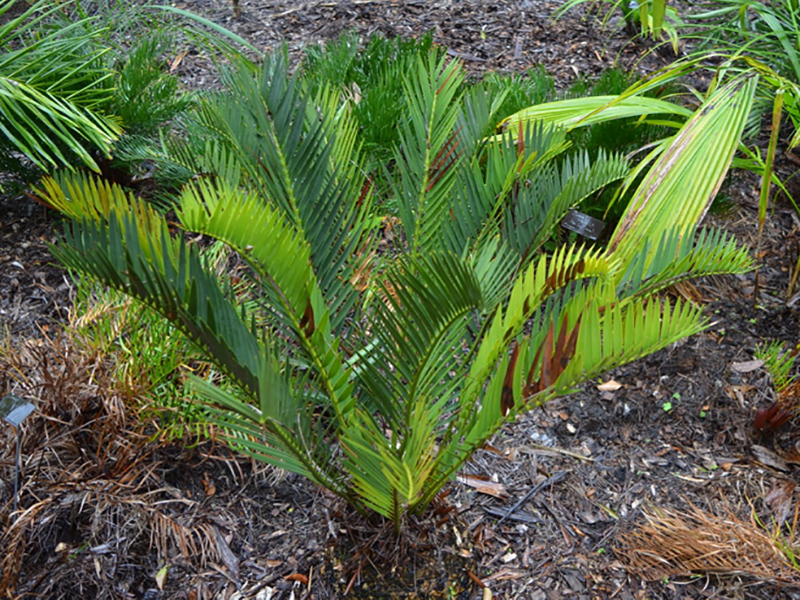
Tropicals, Woody > Encephalartos > Encephalartos princeps > Encephalartos princeps
Encephalartos princeps
Kei Cycad, Kei River Cycad
Origin: South Africa and is restricted to the catchment area of the Great Kei River (Eastern Cape).
| Family |
| Zamiaceae |
| Genus |
| Encephalartos |
| Species |
| princeps |
| Category |
| Tropicals, Woody |
| Type |
| Shrub (evergreen) |
| USDA Hardiness Zone |
| 9b - 11 |
| Canadian Hardiness Zone |
| Requires cold season protection under glass. |
| RHS Hardiness Zone |
| H3 - H1c |
| Temperature (°C) |
| above 4.5 |
| Temperature (°F) |
| above 40 |
| Height |
| Up to 5 m |
Photographs
Description and Growing Information
Flowering Period
| Landscape |
| Decorative or focal point plants and grouped plantings. |
| ID Characteristic |
| A blue-leaved cycad that responds well to full sun and tolerates any soil type. |
| Pests |
| Scale insects, beetles and chewing insects. |
| Habitat |
| Grows in riverine scrub between rocks and on doleritic cliffs. The annual rainfall in its distribution area ranges from 420-520 mm, with hot summers and cool winters. |
| Bark/Stem Description |
| A woody plant with about 10-15 aerial, erect stems that form a cluster, though the stems may sometimes recline or lie flat on the ground. The stems may develop to a height of up to 5 m and a diameter of 30-40 cm. |
| Leaf Description |
| Straight but curving downwards at the apex, blue-green with a silvery bloom when still young, but darken slightly with age, leaves are 120-200 mm long. The median leaflets attain a length of up to 12-15 cm and a width of 1-1.3 cm. The leaflets at the base are reduced in size, and have one or two spines at the most. |
| Fruit Description |
| Male and female plants bear 1-3 dull green cones per season per stem. The male and female cones produce powerful odours in the early morning or evening to attract weevils. When the weevils move between the sexes, they inadvertently transfer the pollen from the male cones to the receptive ovules of the female cones. |
| Notable Specimens |
| Harry P. Leu Gardens, Orlando, Florida, United States of America. |
| Propagation |
| By seeds and suckers. |
| Ethnobotanical Uses (Disclaimer) |
| Indigenous people used to make bread from cycad stems. |
